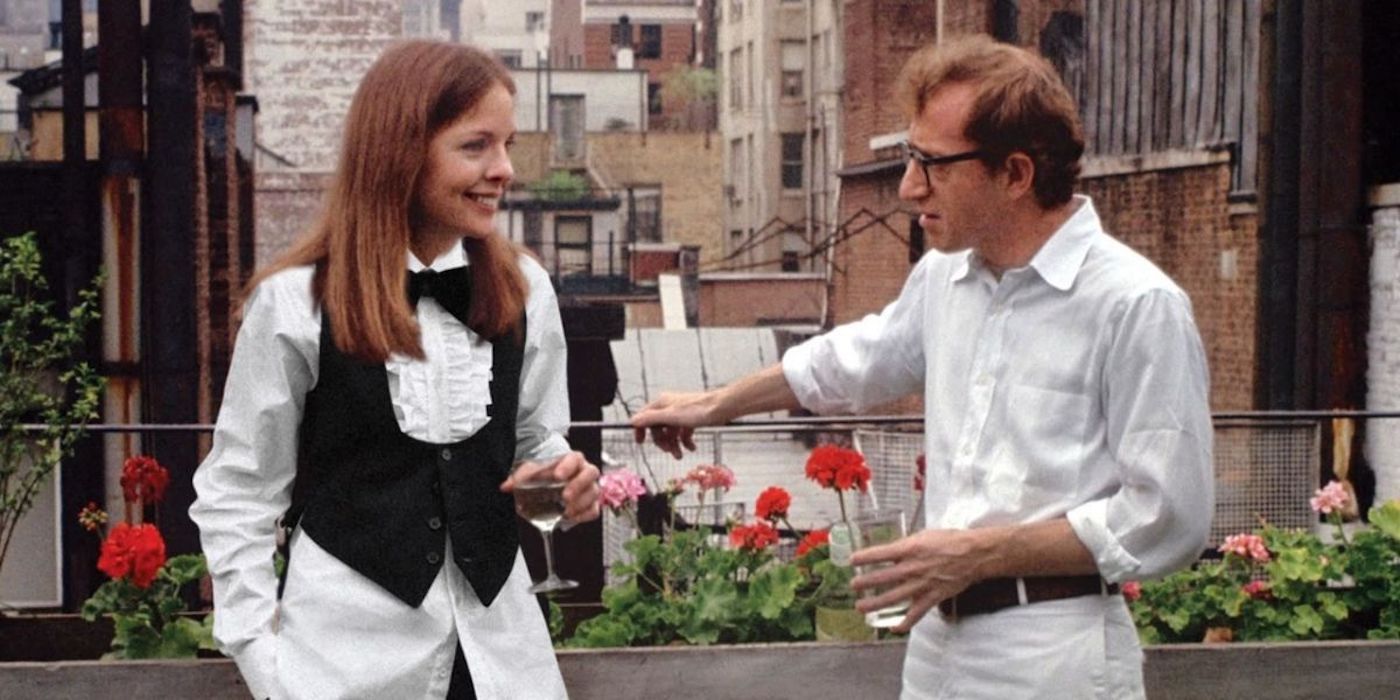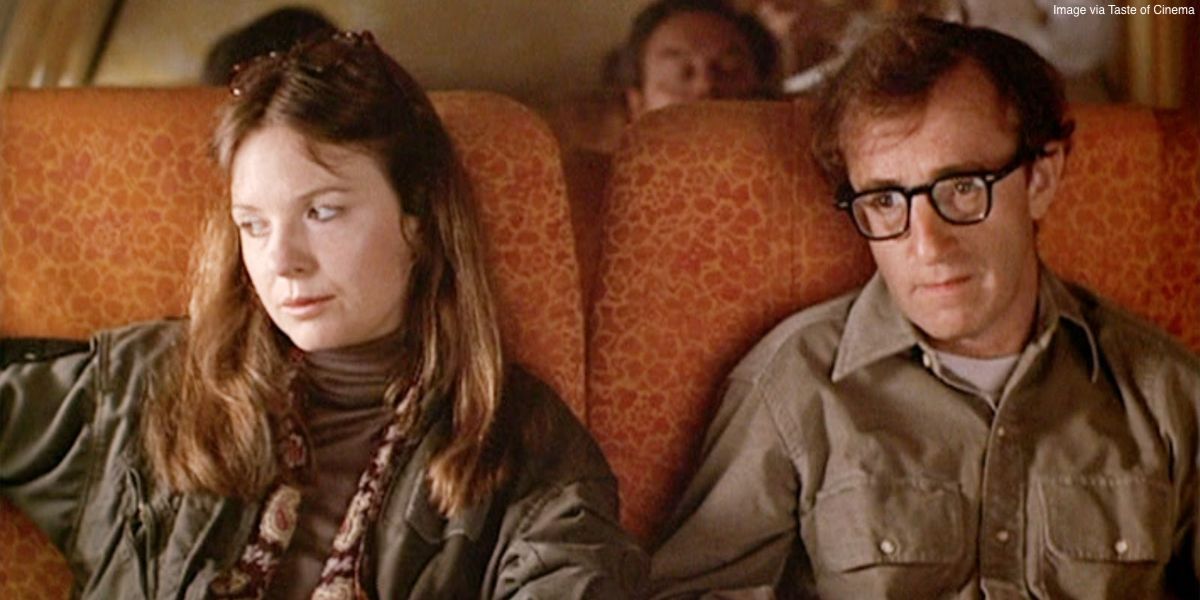[ad_1]
When Spanish newspaper La Vanguardia reported that Woody Allen was planning to retire after his 50th film, the situation on social media was reminiscent of a classic Simpsons episode, “The Last Temptation of Krust,” in which a reporter responds to Krusty the Clown’s retirement by asking, “But Krusty, why now? Why not 20 years ago?” Allen is well-known for being a prolific writer and director, but his notoriety has long been paired with questions and allegations about his personal life.
Dylan Farrow, Allen’s adopted daughter, alleges that Allen molested her when she was 7 years old. Debate still rages about the verity of those accusations even between Farrow’s siblings, but there is less nebulousness regarding Soon-Yi Previn, Dylan’s elder sister. Allen met Soon-Yi as the adopted daughter of Mia Farrow, his romantic and creative partner of 12 years. Allen began an affair with Soon-Yi while still partnered with Mia Farrow, photographing Soon-Yi, then 21 years old, in the nude. Allen and Soon-Yi married in 1997, and their relationship has endured over two decades of public disdain and squeamishness. During that time, as before and seemingly eternally, Allen has produced works dealing with complicated romances and relationships, all of which feel less enjoyable when placed in the context of his not-so-private life. Allen and his representatives tried to walk back the retirement news a few days after the story made waves, but regardless of when Allen finally hangs up his hat, he has long outstayed his welcome.
Even if the reader is a diehard Woody Allen fan who believes that the man never did anything remotely immoral, it would be extremely difficult to make the case that Allen’s more recent work has been up to par with his so-called classic films. Taking a look at the critical reactions alone, Allen’s work post-2000 has been a cavalcade of duds aside from a few well-regarded films like Match Point and Midnight in Paris, with the latter released over a decade ago. Many of Allen’s most beloved films like Annie Hall and Manhattan conjure up specific images or spark up quotable dialogue, but so many of Allen’s more recent efforts feel more like vague outlines than cohesive stories. Trying to remember them is almost as painful as it was to watch them the first time.
Promising partnerships with beloved comedians like Will Ferrell and Larry David resulted in mind-numbing slogs like Melinda and Melinda and Whatever Works. Despite the scandals and the disappointments, dutiful fans still regard his work with a hopefulness typically only exhibited for the next Sonic the Hedgehog game or the Cleveland Browns. In an industry that discards creatives after failures quite readily, Woody Allen is one of those rare names like M. Night Shyamalan that seems to receive an endless supply of do-overs thanks to the goodwill generated by the strength of his earliest efforts. But unlike Shyamalan, Allen has the added deficit of being continually embroiled in a messy circumstance that routinely resurfaces in the media. As opposed to celebrities who faced consequences for their criminal behavior like Bill Cosby and Harvey Weinstein, there simply isn’t the mountain of corroborating evidence necessary to prove Allen’s criminality. For those trying to decide whether to support Allen or not, they must consider the molestation allegation, the uncomfortable situation regarding Soon-Yi, and the value (or lack thereof) of Allen’s films.
Separating Art From the Artist
Often when celebrities are accused of misdeeds or surrounded by scandal, fans will remind naysayers to “separate the art from the artist.” Rarely is that so difficult as it is with Woody Allen. Allen is a triple-threat: an actor, a writer, and a director, one who frequently casts himself as the bumbling but sympathetic protagonist. It seems a bit contradictory that Allen’s characters are often presented as being unlucky in love shortly before romancing and bedding a series of beautiful women, almost as if these films are a bit of wish-fulfillment for the writer.
Keeping that in mind, what should the viewer conclude from the plot of Manhattan, one of Allen’s most highly regarded films, where he dates a 17-year-old girl as well as his friend’s mistress? Of course, it would be ludicrous to hold a man accountable for the behavior of his fictional counterpart, but when the man also concocted the situation, cast himself in the role, and made sure that his morally questionable character was empathetic in the final cut, it feels a bit more intentional, like the creator is meticulously crafting a permission structure. “I know what I’m doing is wrong, but aw gee, don’t I mean well? And you like me right? So it must be okay.” It is unclear whether Allen’s life imitated his art or vice versa, but keeping the molestation allegation in mind, as well as the fact that he married his own stepdaughter, it’s a bit harder to overlook the depravity of Allen’s characters. What once may have felt like supporting cutting edge, provocative filmmaking now feels a bit more like aiding and abetting the filmmaker’s wanton immorality. It may be easier for viewers to distance Allen’s films from his personal life if they stick to his more modern films where he rarely casts himself as the lead, but it will still be difficult for modern critics to reconcile the fact that Allen’s most acclaimed work often feels the most intimate and honest about what he believes.
Whether Woody Allen actually retires someday or passes away on the set of his 500th film, the fact remains that for all his effort to create a body of work that supersedes the scandals, his personality is so innately tied to his films that it would be impossible to completely cleave one from the other. The man who thought it would be artistic to present a black-and-white film in which he dates a high schooler is the same man who took nude photographs of his college freshman stepdaughter. Maybe the reason that Woody Allen pushed back so quickly on rumors of retirement is that part of what drives him is his desire to see how much he can get away with while everyone’s watching. If his motivation is purely selfish, then there would never be a reason for him to stop. But that doesn’t mean that filmgoers have to support his pursuit for as long as he clings to it.
[ad_2]
Source link
Armessa Movie News

